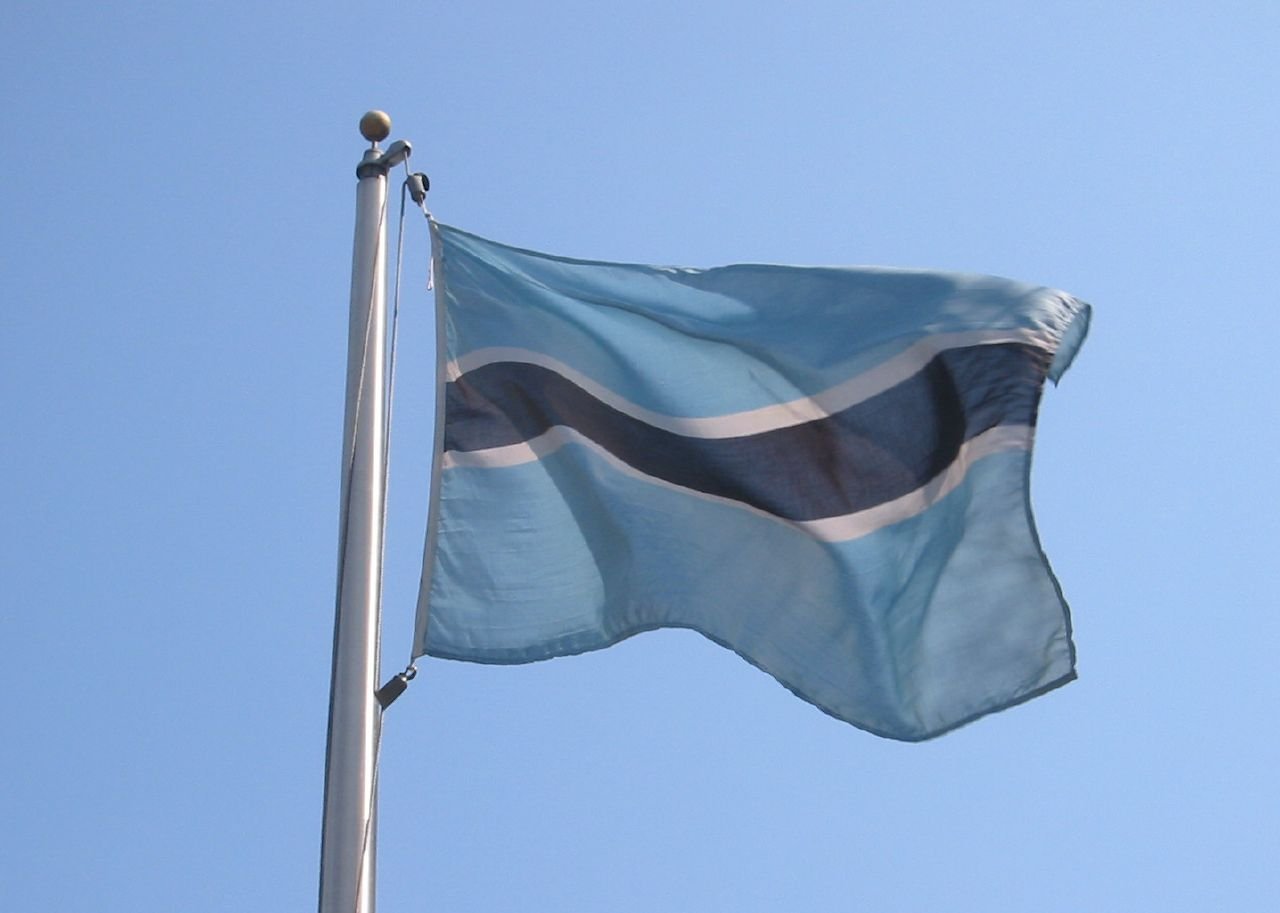Declining fuel and food prices helped push inflation down to 4.6% in June, from 5.7% in May, the lowest level since March 2021.
Figures published by Statistics Botswana yesterday indicate that the cost of living continues to decline in line with forecasts by the Bank of Botswana and other analysts. This year, inflation has moved from a peak of 9.9 % in March, to its low of 4.6% in June. By comparison, in June last year, inflation was measured at 12.7%, as it marched towards a 14-year peak of 14.6% in August of that year.
In its latest update, Statistics Botswana figures show that annual inflation in food and non-alcoholic beverages dropped to 12.9% in June from 14.3% in May, while inflation associated with transport fell from 4.3% to 1.3%.
Fuel prices have generally been declining in recent months, with diesel and petrol pump prices dropping by an average 88 thebe on June 20.
The BoB has said inflation is expected to remain within the three to six percent objective range going into the medium-term, due to easing price pressures and base effects.
In the calculation of annual inflation, base effects relate to inflation in the corresponding period of the previous year, which if abnormally high, distorts the measurement of inflation in the current period.
A month or period in which inflation spikes, may produce the opposite effect a year later, essentially creating the impression that inflation has slowed.
“The projected decrease in inflation is due to, amongst others, absence of upward adjustment of administered prices, subdued domestic demand, projected appreciation of the pula against the South African rand and zero rating of a select number of items from Value Added Tax,” central bank governor, Moses Pelaelo told journalists last month.
He, however, said there were upward risks to the inflation outlook which include international commodity prices increasing beyond current forecasts, persistence of supply and logistical constraints, as well as the reversal of global economic integration, specifically geo-economic fragmentation.
The central bank’s forecasts were supported this week by estimates from the International Monetary Fund, whose experts recently met with fiscal and monetary authorities for an annual review.
“Monthly inflation is projected to remain within the Bank of Botswana’s medium-term objective range of 3 - 6 percent this year and next. “This reflects the decline in international oil prices, positive real lending rates, and the prospect of regulated prices remaining unchanged. “The monetary policy stance is appropriate, but the central bank should stand ready to raise the policy rate if inflation risks materialise,” the IMF team said in a statement released on Friday.






































